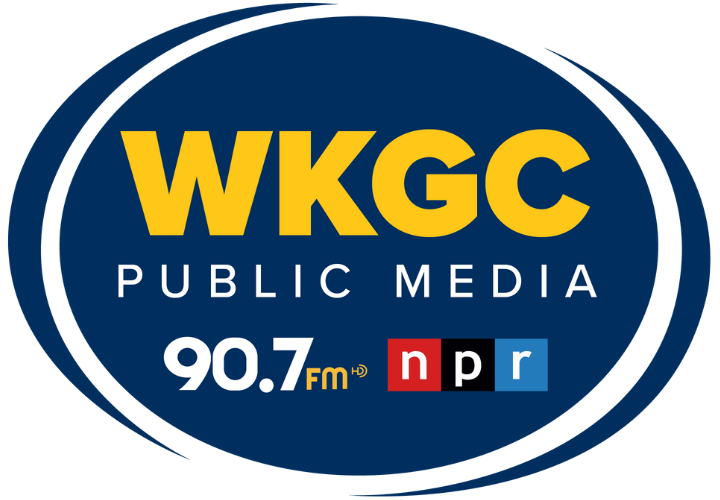
Florida Pre-K Quality Surge
National report says it’s a “time to choose,” as states have bounced back unevenly from the pandemic when it comes to preschool enrollment and quality
NEW BRUNSWICK, N.J. – A new national report released ranks Florida 2nd in the nation for preschool enrollment for four-year-old’s, but 45th in per-pupil preschool spending. The state serves no three-year-old’s.
The National Institute for Early Education Research (NIEER) today released its annual State of Preschool report, which tracks preschool enrollment, funding, and quality across states. The 2023 State of Preschool Yearbook found that, in the 2022-2023 school year:
- Florida’s Voluntary Pre-Kindergarten (VPK) Education Program enrolled 155,668 children, an increase of 2,574 from the prior year, serving 67% of four-year-old’s.
- State spending totaled $440,315,538, and an additional $48,867,817 in federal recovery funds supported the program, up $110,490,459 (29%), adjusted for inflation, since last year.
- State spending per child (including federal recovery funds) equaled $3,142 in 2022-2023, up $669 from 2021-2022, adjusted for inflation.
- Florida met 4 of 10 research-based quality standards benchmarks for minimum quality recommended by NIEER.
By adding a program assessment designed to measure the quality of teacher-child interactions, VPK met an additional NIEER quality benchmark (Benchmark 10 – Continuous Quality Improvement System) in 2022-2023. Florida also increased funding, though the per-pupil investment remains well below what is needed for additional critical measures to improve quality, such as better teacher qualifications and pay, and more instructional hours.
“Florida could be a true national leader in preschool if leaders would move forward with the funding needed to adequately pay teachers and to extend the day to a full school day,” said W. Steven Barnett Ph.D., NIEER’s senior co-director. “Advocates in Florida are working on a plan to address early childhood educator compensation. Compensation goes hand in hand with teacher qualifications, and Florida does not require the minimum preschool teacher qualifications recommended by research to lead to long-term outcomes for children. By comparison, Georgia and Alabama meet NIEER’s benchmarks for lead teacher qualifications and provide pay parity with K-12 teachers.”
“Nearly 1,000 stakeholders across our state have been involved in the process to create, and now implement, Florida’s Early Learning Roadmap,” said Dawn Montecalvo, CEO of the Guadalupe Center in Immokalee and Member of the Roadmap Implementation Advisory Board (in partnership with The Children’s Movement of Florida). “Our recommendations include increased training, support, and professional development for teachers—and that is one important area of alignment with the NIEER standards.”
Nationally, the report finds that this is a critical moment for preschool. The nation has emerged, albeit unevenly, from the COVID-19 Pandemic. States are poised to make new progress toward serving more three- and four-year-old’s in high-quality, full-day preschool programs. How each state chooses to move forward – and whether the federal government helps – will determine how much real progress is made. Most states have not committed to serving all children, and even those states that have often fall short. Most states need to increase funding per child substantially to enable providers to meet minimal standards for a high-quality, effective program.
During the 2022-2023 school year, states enrolled over 1.63 million children in preschool, marking a 7% surge compared to the preceding year. Preschool enrollment reached 35% of 4-year-olds and 7% of 3-year-olds, with state expenditures reaching $11.73 billion—an 11% increase from 2021-2022 when adjusted for inflation. Notably, state spending per child surpassed $7,000 for the first time. However, despite this notable progress, most states still fell short of their pre-pandemic preschool enrollment. While several states made strides towards achieving universal preschool access, six states persisted in not allocating any funding for preschool programs.
“With the pandemic in the rear view, it is time for states to choose whether they are going to support high-quality preschool and how,” said Allison Friedman-Krauss, Ph.D., the report’s lead author. “Will states commit to serving three-year-old’s in addition to four-year-old’s? Will states make the investments needed to ensure that programs are effective? Will states provide a full school-day option for all families who want it? How will states recruit, support, and retain preschool teachers? These decisions will impact millions of children for years to come.”
The 2023 State of Preschool Yearbook was supported with funding from the Heising-Simons Foundation and the Bill and Melinda Gates Foundation. For more information and detailed state-by-state profiles on quality, access, and funding, please visit www.nieer.org.
The National Institute for Early Education Research at the Rutgers Graduate School of Education, New Brunswick, NJ, supports early childhood education policy and practice through independent, objective research and the translation of research to policy and practice.
Angela Small
Radio Production Assistant

















